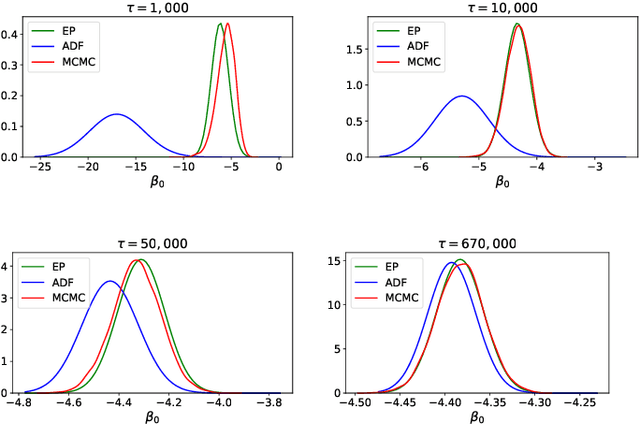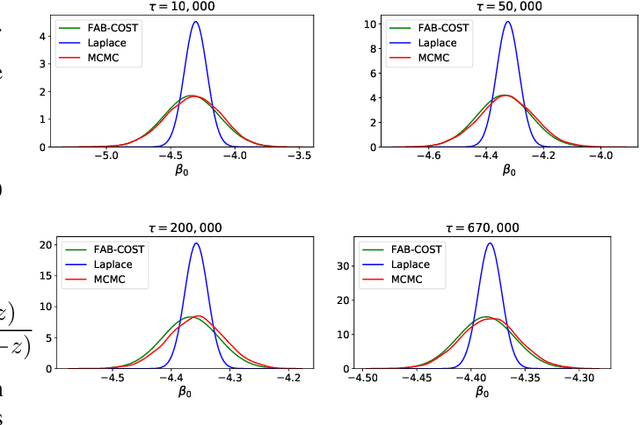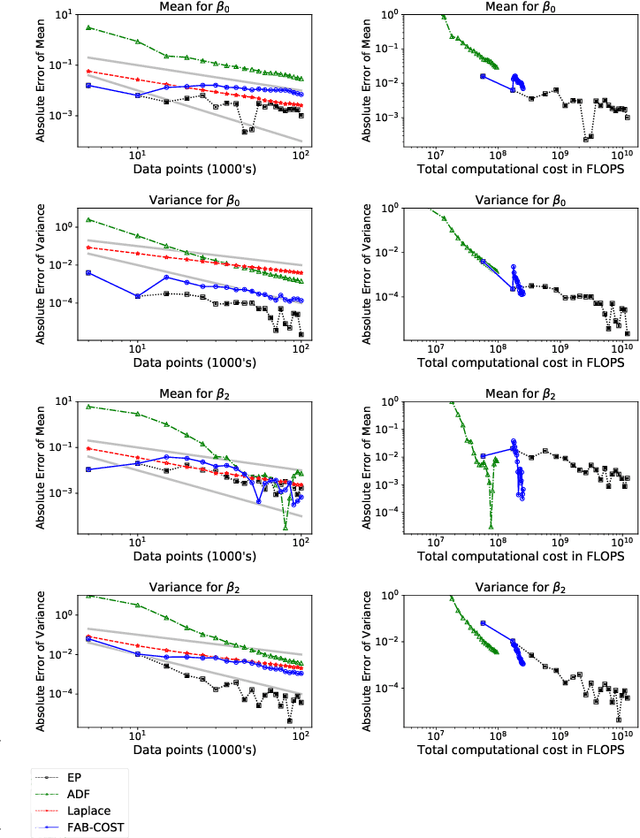Jack R. McKenzie
FedFNN: Faster Training Convergence Through Update Predictions in Federated Recommender Systems
Sep 14, 2023



Abstract:Federated Learning (FL) has emerged as a key approach for distributed machine learning, enhancing online personalization while ensuring user data privacy. Instead of sending private data to a central server as in traditional approaches, FL decentralizes computations: devices train locally and share updates with a global server. A primary challenge in this setting is achieving fast and accurate model training - vital for recommendation systems where delays can compromise user engagement. This paper introduces FedFNN, an algorithm that accelerates decentralized model training. In FL, only a subset of users are involved in each training epoch. FedFNN employs supervised learning to predict weight updates from unsampled users, using updates from the sampled set. Our evaluations, using real and synthetic data, show: 1. FedFNN achieves training speeds 5x faster than leading methods, maintaining or improving accuracy; 2. the algorithm's performance is consistent regardless of client cluster variations; 3. FedFNN outperforms other methods in scenarios with limited client availability, converging more quickly.
Fast Approximate Bayesian Contextual Cold Start Learning (FAB-COST)
Aug 18, 2020



Abstract:Cold-start is a notoriously difficult problem which can occur in recommendation systems, and arises when there is insufficient information to draw inferences for users or items. To address this challenge, a contextual bandit algorithm -- the Fast Approximate Bayesian Contextual Cold Start Learning algorithm (FAB-COST) -- is proposed, which is designed to provide improved accuracy compared to the traditionally used Laplace approximation in the logistic contextual bandit, while controlling both algorithmic complexity and computational cost. To this end, FAB-COST uses a combination of two moment projection variational methods: Expectation Propagation (EP), which performs well at the cold start, but becomes slow as the amount of data increases; and Assumed Density Filtering (ADF), which has slower growth of computational cost with data size but requires more data to obtain an acceptable level of accuracy. By switching from EP to ADF when the dataset becomes large, it is able to exploit their complementary strengths. The empirical justification for FAB-COST is presented, and systematically compared to other approaches on simulated data. In a benchmark against the Laplace approximation on real data consisting of over $670,000$ impressions from autotrader.co.uk, FAB-COST demonstrates at one point increase of over $16\%$ in user clicks. On the basis of these results, it is argued that FAB-COST is likely to be an attractive approach to cold-start recommendation systems in a variety of contexts.
 Add to Chrome
Add to Chrome Add to Firefox
Add to Firefox Add to Edge
Add to Edge